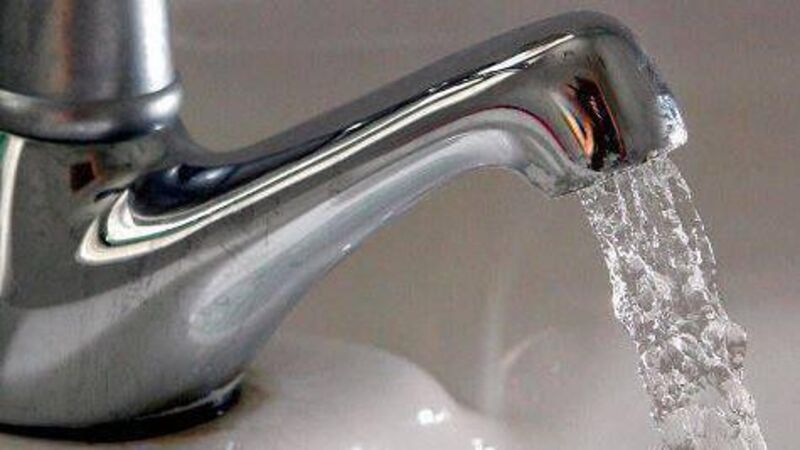E.coli in private water affected 4,600 in 2023, says EPA

EPA director Tom Ryan, said: 'All drinking water produced in Ireland, whether it comes from a public or private supply, should be of high quality.' File picture
Unmonitored private drinking water supplies are a potential risk to public health with approximately 4,600 people being affected by e.coli failures last year, according to the Environmental Protection Agency (EPA).
The EPA is warning of the dangers of Ireland's private water supply in its latest report, published on Friday. Furthermore, €38.5m of available Government funding that could have been invested in improvements to private supplies between 2019-2023 was not used.










